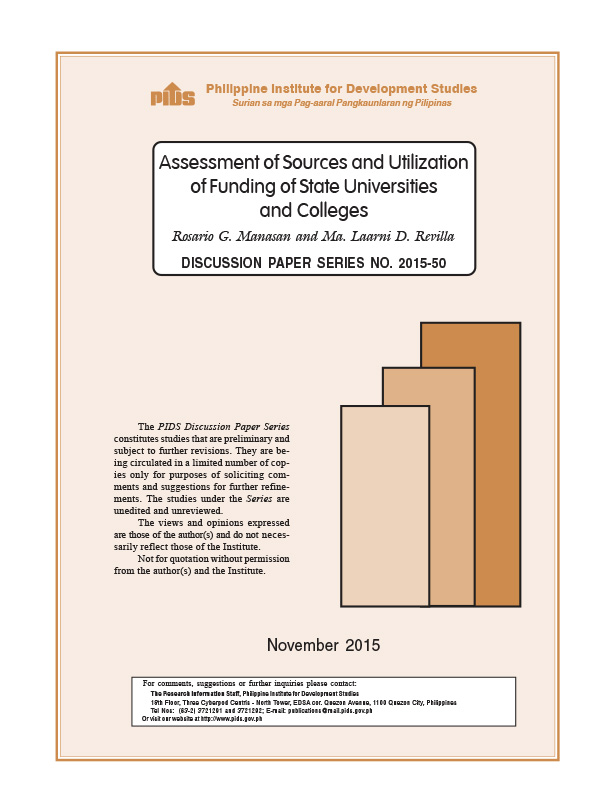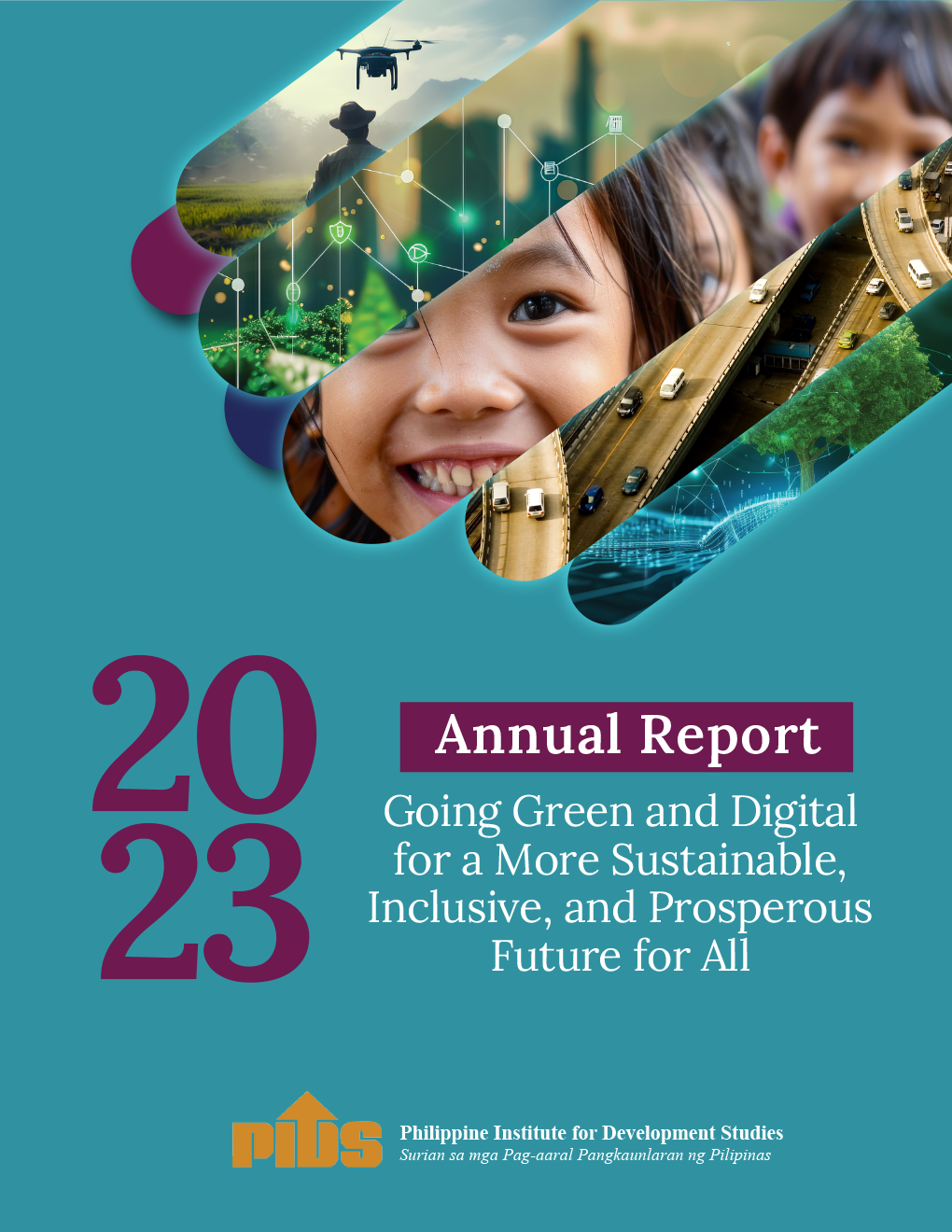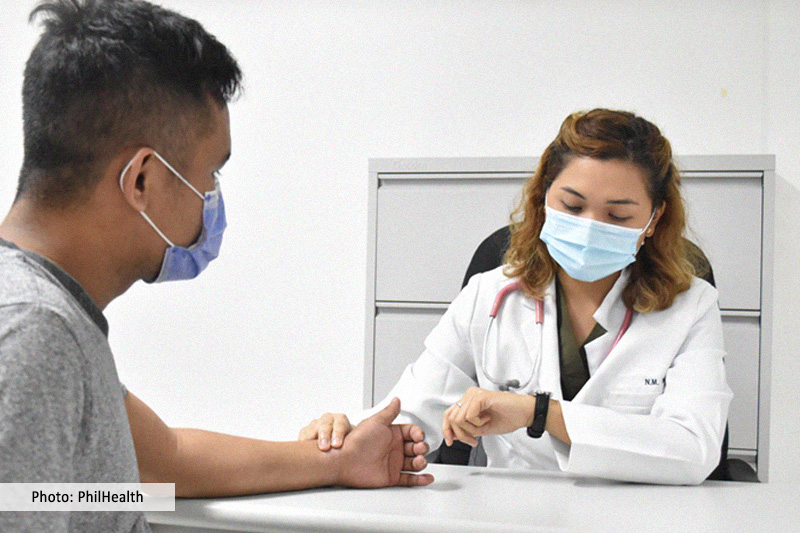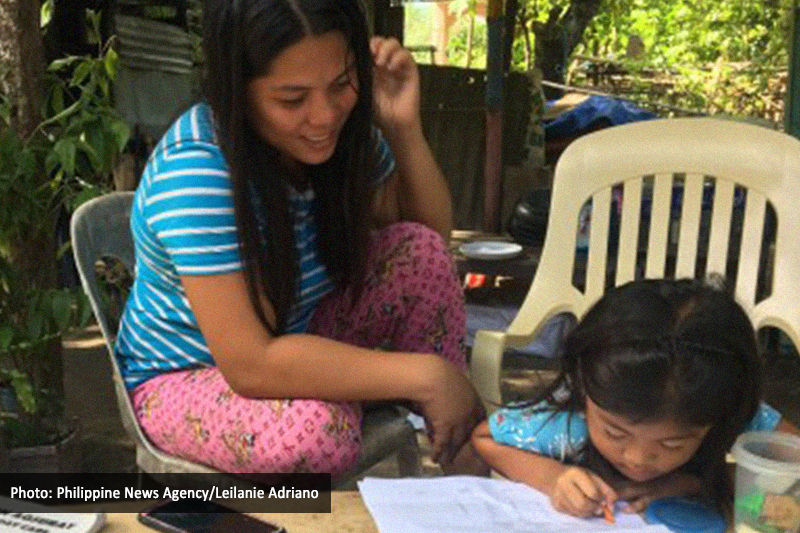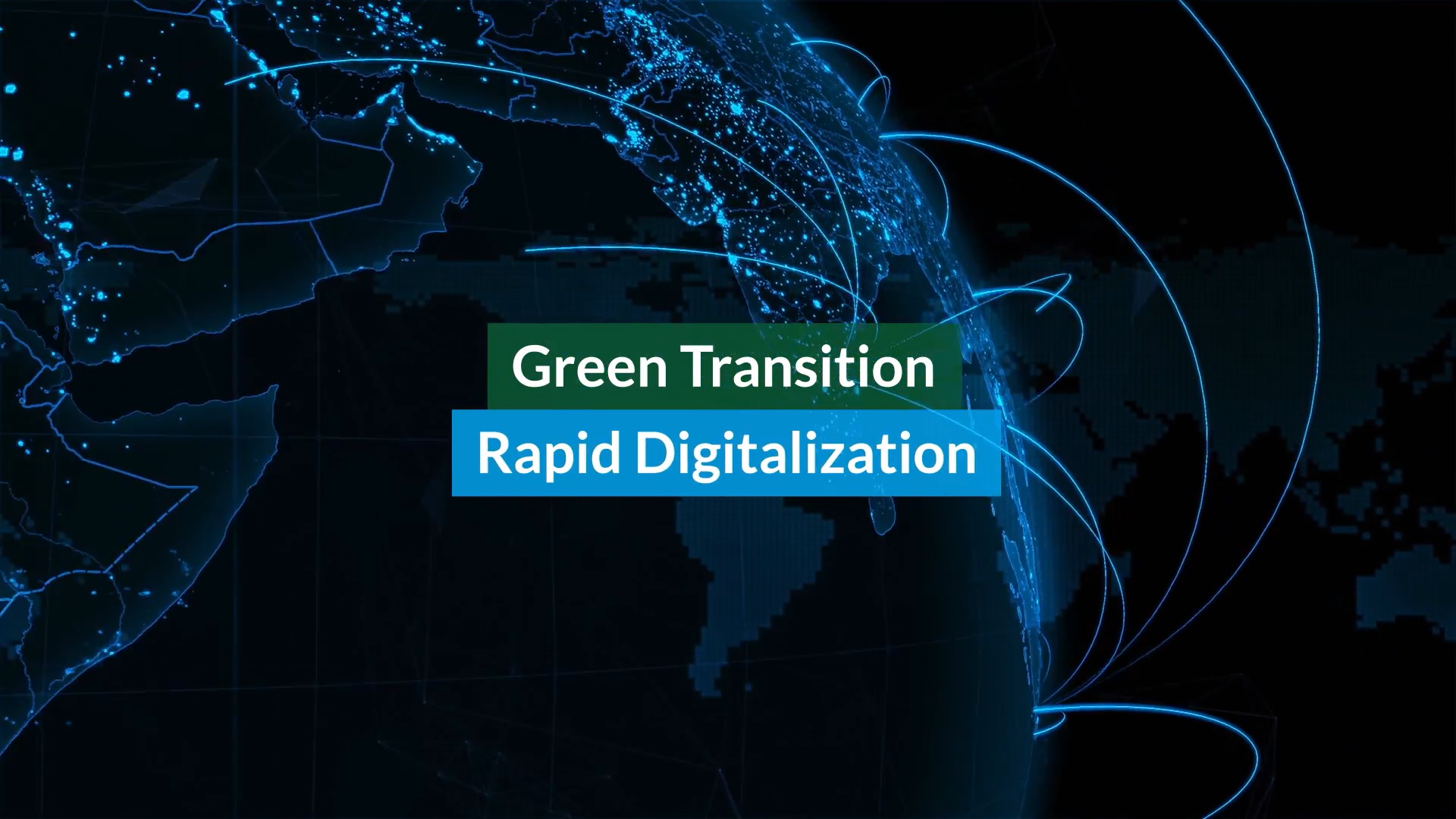State-run firms received more subsidies from the national government last year compared to what were provided for them in 2018, data from the Bureau of the Treasury showed over the weekend.
Forty state-run firms secured P201.52 billion in 2019, a 47.47-percent rise from the P136.65 billion in 2018.
The Philippine Health Insurance Corp. (PhilHealth) accounted for the bulk, or P72.70 billion, of total subsidies last year.
PhilHealth is responsible for administering the country’s health insurance program, particularly the Universal Health Care program that aims to provide Filipino families equitable access to quality and affordable health care services.
The National Irrigation Administration came in second with P36.63 billion, and Land Bank of the Philippines with P30.48 billion.
Also receiving assistance in 2019 were the National Home Mortgage Finance Corp., Local Water Utilities Administration, Light Rail Transit Authority, National Electrification Administration, National Housing Authority (NHA), National Food Authority, National Power Corp., Philippine National Railways, Aurora Pacific Economic Zone and Freeport Authority, Bases Conversion and Development Authority (BCDA), Cultural Center of the Philippines, Cagayan Special Economic Zone, Credit Information Corp., Center for International Trade Expositions and Missions, Lung Center of the Philippines, National Dairy Authority, National Kidney and Transplant Institute, Philippine Coconut Authority, Philippine Center for Economic Development, Philippine Crop Insurance Corp., Philippine Children’s Medical Center, Philippine Fisheries Development Authority, Philippine Heart Center, Philippine Rice Research Institute, Philippine Institute for Development Studies, Philippine Institute of Traditional and Alternative Health Care, Philippine Postal Corp., Philippine Tobacco Administration, People’s Television Network Inc., Small Business Corp., Subic Bay Metropolitan Authority, Social Housing Finance Corp., Southern Philippines Development Authority, Sugar Regulatory Administration, Tourism Infrastructure, Enterprise Zone Authority, and Zamboanga City Special Economic Zone Authority.
In December 2019 alone, government subsidies accelerated by more than 11 times to P25.40 billion from the year-earlier figure of P2.18 billion.
State-run companies with the biggest funding assistance during the month were BCDA with P10.15 billion, PhilHealth with P7.16 billion, and NHA with P3.67 billion.
Subsidies fell under the national government’s disbursement program.
State spending in December rose by 57.83 percent to P494.4 billion from P313.3 billion in the same month in 2018. It boosted the full-year 2019 to grow by 11.42 percent to P3.79 trillion from 2018, exceeding the P3.76-trillion spending goal.
Forty state-run firms secured P201.52 billion in 2019, a 47.47-percent rise from the P136.65 billion in 2018.
The Philippine Health Insurance Corp. (PhilHealth) accounted for the bulk, or P72.70 billion, of total subsidies last year.
PhilHealth is responsible for administering the country’s health insurance program, particularly the Universal Health Care program that aims to provide Filipino families equitable access to quality and affordable health care services.
The National Irrigation Administration came in second with P36.63 billion, and Land Bank of the Philippines with P30.48 billion.
Also receiving assistance in 2019 were the National Home Mortgage Finance Corp., Local Water Utilities Administration, Light Rail Transit Authority, National Electrification Administration, National Housing Authority (NHA), National Food Authority, National Power Corp., Philippine National Railways, Aurora Pacific Economic Zone and Freeport Authority, Bases Conversion and Development Authority (BCDA), Cultural Center of the Philippines, Cagayan Special Economic Zone, Credit Information Corp., Center for International Trade Expositions and Missions, Lung Center of the Philippines, National Dairy Authority, National Kidney and Transplant Institute, Philippine Coconut Authority, Philippine Center for Economic Development, Philippine Crop Insurance Corp., Philippine Children’s Medical Center, Philippine Fisheries Development Authority, Philippine Heart Center, Philippine Rice Research Institute, Philippine Institute for Development Studies, Philippine Institute of Traditional and Alternative Health Care, Philippine Postal Corp., Philippine Tobacco Administration, People’s Television Network Inc., Small Business Corp., Subic Bay Metropolitan Authority, Social Housing Finance Corp., Southern Philippines Development Authority, Sugar Regulatory Administration, Tourism Infrastructure, Enterprise Zone Authority, and Zamboanga City Special Economic Zone Authority.
In December 2019 alone, government subsidies accelerated by more than 11 times to P25.40 billion from the year-earlier figure of P2.18 billion.
State-run companies with the biggest funding assistance during the month were BCDA with P10.15 billion, PhilHealth with P7.16 billion, and NHA with P3.67 billion.
Subsidies fell under the national government’s disbursement program.
State spending in December rose by 57.83 percent to P494.4 billion from P313.3 billion in the same month in 2018. It boosted the full-year 2019 to grow by 11.42 percent to P3.79 trillion from 2018, exceeding the P3.76-trillion spending goal.

